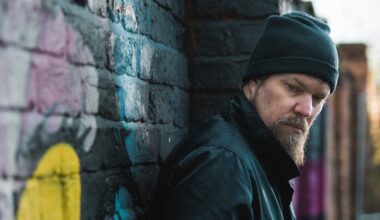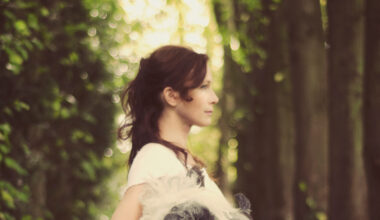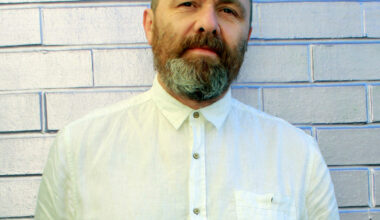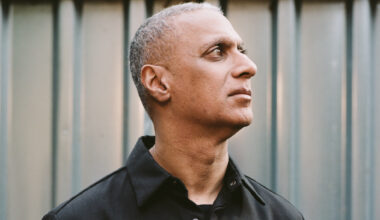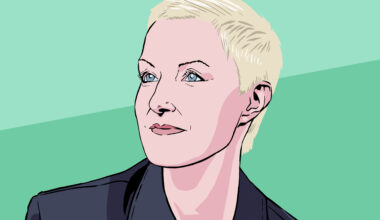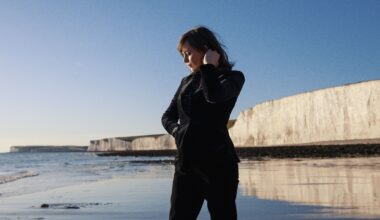DJ, producer and restaurateur Norman Cook expands on his love of punk, street art, good food and more
Want to read more?
Sign up to Electronic Sound Premium to gain access to every post, video, special offers, and more. 100%, all you can eat, no commitment, cancel any time.
Already a premium member? Log in here
